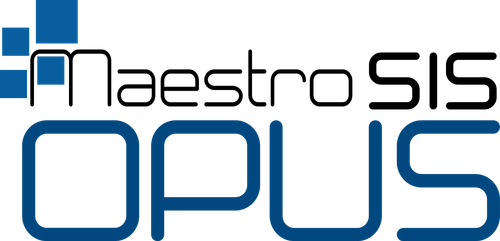Implementing a new student information system (SIS) requires careful planning and attention to detail. By following these best practices, you can ensure a smooth and successful implementation process and enjoy the numerous benefits that a modern SIS can bring to your educational institution!
Implementing a new student information system (SIS) can be a complex and time-consuming process, but with careful planning and attention to best practices, it is possible to ensure a successful outcome! Here are some key considerations for the implementation process:
- Data migration: One of the most crucial tasks when implementing a new SIS is transferring all of the relevant data from the old system to the new one. This can include student demographics, course and grade information, and other relevant data. It is necessary to have a plan in place for how to handle this data migration, including determining which data to prioritize for transfer.
- Configuration: The SIS will need to be configured to meet the specific needs of the school or district. This may involve setting up user accounts, establishing access levels, and customizing the system to meet the needs of various stakeholders (e.g. students, teachers, administrators). It is vital to involve key stakeholders in this process to ensure that the system is configured in a way that meets their needs and expectations.
- Training: It is valuable to provide training to all users of the new SIS to ensure that they are comfortable using the system and know how to access the information they need. This may include in-person training sessions, online tutorials, or a combination of both.
- Timelines: It is important to establish clear timelines for the implementation process, including milestones for data migration, configuration, and training. This will help ensure that the process stays on track and that the new SIS is up and running smoothly as soon as possible.
To ensure the success of the implementation process, it is also essential to follow best practices such as:
- Involving key stakeholders: As mentioned above, it is vital to involve key stakeholders in the implementation process to ensure that the new SIS meets their needs and expectations. This may include students, teachers, administrators, and other relevant parties.
- Testing thoroughly: It is critical to test the new SIS thoroughly before going live to ensure that it is functioning properly and that all data has been transferred correctly. This may involve setting up test accounts, running test transactions, and verifying that all data is accurate.
- Providing ongoing support: It is important to provide ongoing support to the end users of the new SIS to ensure that they are able to use it effectively and efficiently. This may include providing access to online resources and training materials, as well as a help desk or other support system for users to ask questions or report issues.
At BocaVox, we take the stress and hassle out of implementation. With constant growth support, your institution’s administrative software will stay up-to-date based on our awareness of technology breakthroughs, industry trends and market direction.


